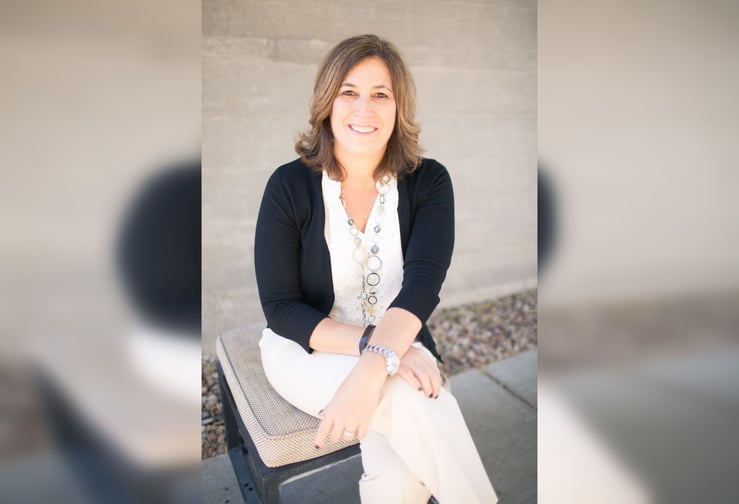

IBA: How is the insurance industry excelling at diversity and inclusion?
Renae Flanders: I think it works really well when the senior-most management of the firm has the belief and resolve for diversity and inclusion. Promoting women, ethnic minorities and people with disabilities cannot just be a human-resources-led exercise; it has to be led from the top. At Aon, D&I is absolutely a center-stage topic at every single leadership meeting. Our US Diversity & Inclusion Council is composed of the seniormost leaders of our US organization, and we set it up that way for a reason – so the strategy carries the gravitas that is required.
I think it works really well when the senior-most management of the firm has the belief and resolve for diversity and inclusion. Promoting women, ethnic minorities and people with disabilities cannot just be a human-resources-led exercise; it has to be led from the top. At Aon, D&I is absolutely a center-stage topic at every single leadership meeting. Our US Diversity & Inclusion Council is composed of the seniormost leaders of our US organization, and we set it up that way for a reason – so the strategy carries the gravitas that is required.
IBA: How can the industry better support women and minorities?
RF: Forbes released a study last year that said women held only 24 CEO positions in the Fortune 500, which is less than 5% and way too small of a percentage. Women are generally underrepresented, but despite that, I think it’s a good time to be a woman in this industry. Yes, we are underrepresented at the senior-most levels, but there is so much emphasis being placed on this issue right now that I believe we will move the needle. I’m hoping that the days of being the only woman in the room are coming to an abrupt end.
While mentorship is important, sponsorship is critical when supporting the careers of women and minorities. As co-leader of our US D&I Council, I have personally requested that our US leaders include sponsorship as part of their annual goals. Often we need to encourage our diverse talent to apply for open roles at the firm, and having the guidance of a sponsor is critical in that process.
IBA: What can insurance do to better attract women and minorities?
RF: The reality is that we have to recruit differently if we want a different outcome. For the industry, women and minority networking events and panels will continue to shine a proper light on D&I. Internally, some of the things we are doing have actually changed the landscape of our talent pool, which we need to do because if we’re going to attract women and ethnic minorities, we need to change our talent pool.
One of the things we’re doing is recruiting from historically black colleges and universities, in addition to serving our regular college circuit schools. The key is that we need to keep doing this, because if we address the historically black college group only once or twice, it won’t be a sustainable outcome, and the makeup of our firm will not change long-term. We have to continually do it to change the talent pool and our colleague population.
Another thing we are doing is holding Insight Days in some of our larger markets, which are designed to reach early-career students and inner-city students who might not understand what a career in insurance looks like. So we reach out to them and educate them in hopes that in the future, they will apply for some of our entry-level roles.
For our more tenured colleagues, the first step is communication and ensuring that open positions are posted so people know that they are available. We do open posts for all of our roles, and we try very hard to gather a diverse slate of candidates before we start interviewing. This is where sponsorship comes in: A sponsor can proactively reach out to sponsored colleagues [to encourage them] to apply to open roles, especially if they don’t know they are open or if they are hesitant to apply. A good sponsor will say, “Throw your hat in the ring,” and sometimes the sponsored colleague needs that little push.
We also require a diverse interview panel. We want to eliminate as many unconscious biases as possible in the interview. For us, unconscious bias is something that we talk about how to improve or at least recognize so we can help women and minorities improve their careers. It’s human nature to look for people who look like we do or have the same background as we do, but we need to get past that and be more open to a broader candidate slate.
